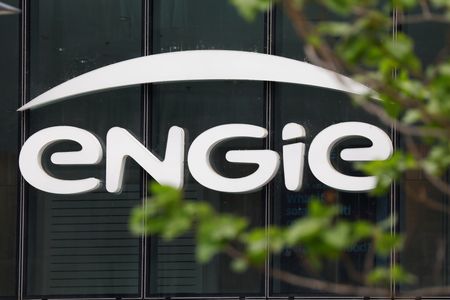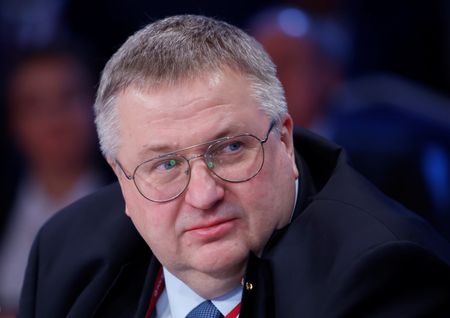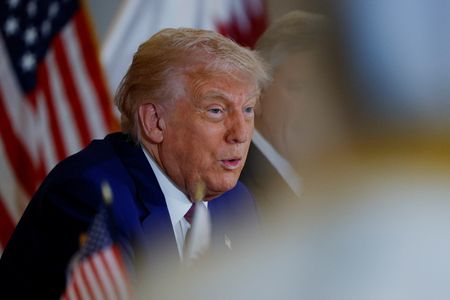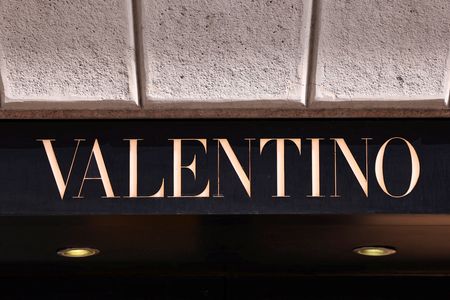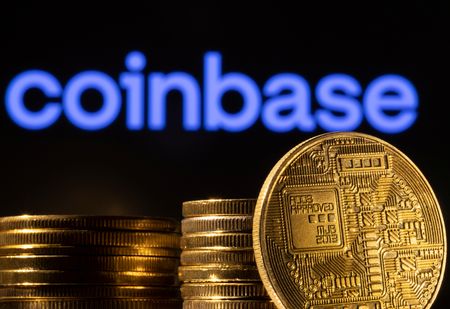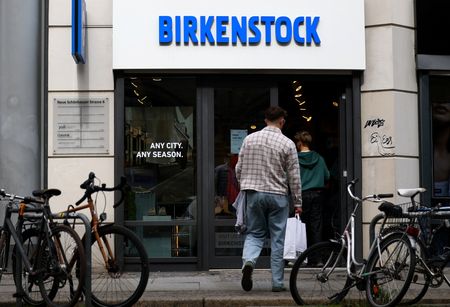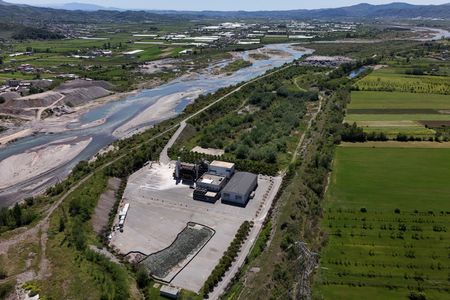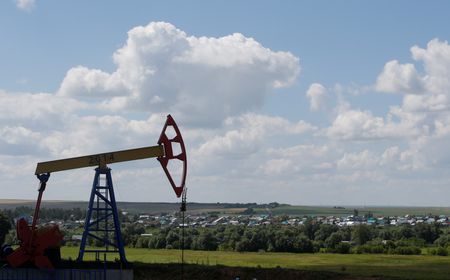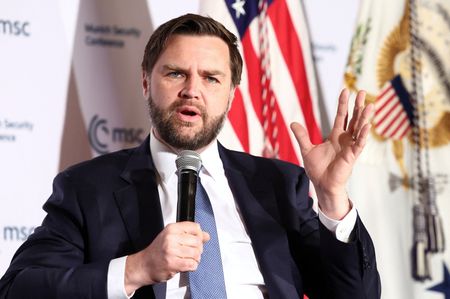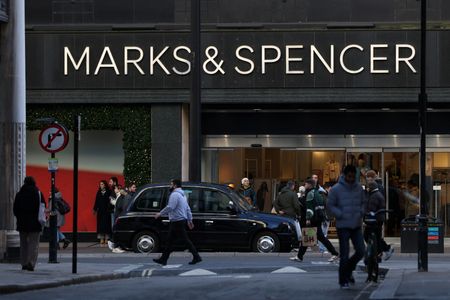By Forrest Crellin
PARIS (Reuters) -Engie is slowing new U.S. renewable energy projects due to uncertainty over tariffs on imported materials for solar installations and batteries, the French utility said on Thursday. U.S. President Donald Trump has imposed tariffs on top trade partners, including China, the world’s top solar panels and batteries producer, and he keeps changing those duties as part of ongoing talks. Engie, Europe’s largest gas network operator, is growing renewable assets, particularly in the U.S., and has installed or is building 11 gigawatts of generation and storage capacity. The group is slowing down approvals of new U.S. projects because of uncertainty over tariffs and the difficulty of defining the final price for customers, Engie’s finance chief Pierre-Francois Riolacci told reporters. The projects in development won’t be affected, he said. Clarity on the Inflation Reduction Act (IRA) is also important for future projects without a final investment decision, Engie CEO Catherine MacGregor said.
The IRA was signed into law by former U.S. President Joe Biden and pledged new spending and tax cuts and credits to accelerate America’s transition to a green energy economy. Current President Donald Trump has vowed to repeal it. Capital originally intended for the U.S. could go to other markets where Engie is well established such as Brazil, Australia, India and the Gulf countries, MacGregor told an analysts call. Engie reported a 0.5% year-on-year rise in earnings before interest and tax (EBIT), excluding nuclear power, to 3.7 billion euros ($4.14 billion). The company’s shares rose 3% by 0816 GMT as the results beat analyst expectations. Full-year EBIT might not be as good as the first quarter, which benefited from strong gas and power prices and bigger winter demand, Riolacci said. Engie maintained its 2025 forecast for net recurring income of 4.4 billion to 5 billion euros. The market will likely see the guidance as conservative with potential to increase if second-quarter performance is again robust, analysts at JPMorgan said.
($1 = 0.8932 euros)
(Reporting by Forrest Crellin; Editing by Sonia Cheema, Jan Harvey and David Evans)

